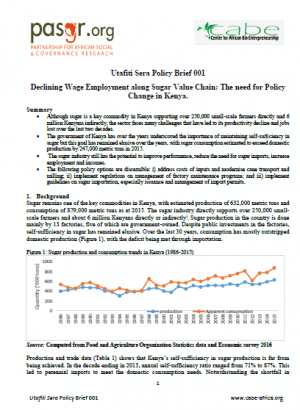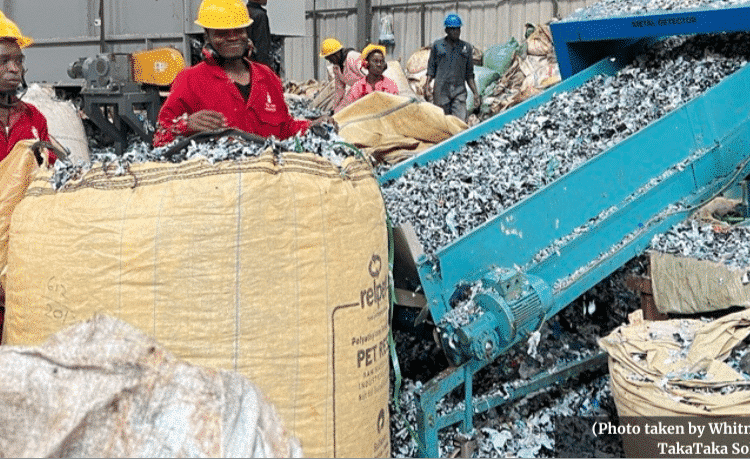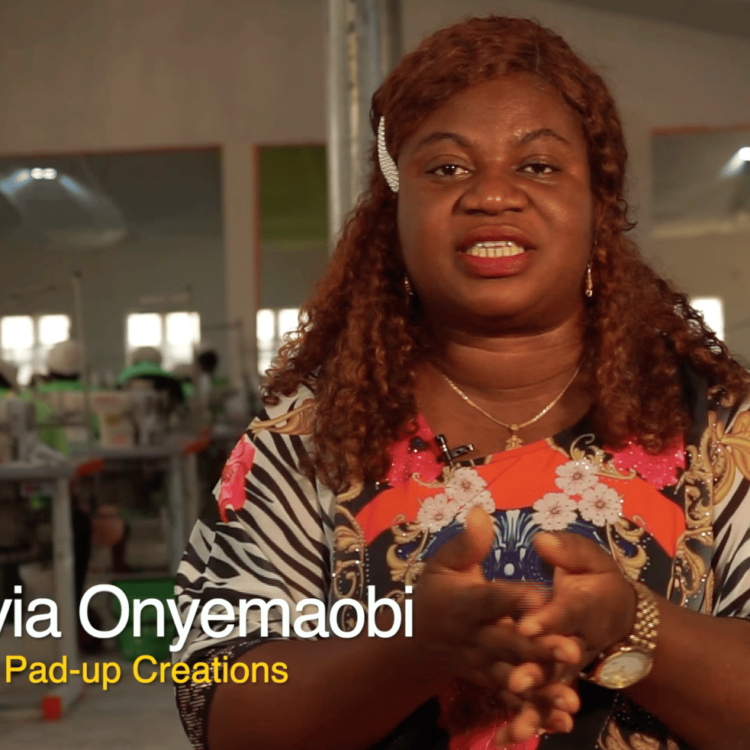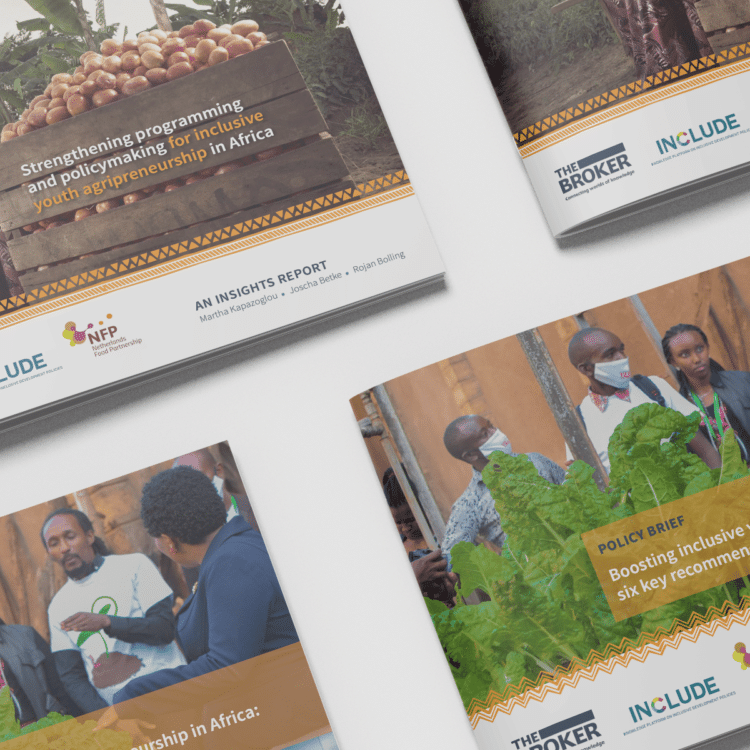
Utafiti Sera on employment creation in Kenya, one of the INCLUDE’s Africa Policy Dialogues, has published a policy brief on ‘declining wage employment along sugar value chain’. The key messages from this policy brief are as follows.
Although sugar is a key commodity in Kenya supporting over 250,000 small-scale farmers directly and 6 million Kenyans indirectly, the sector faces many challenges that have led to its productivity decline and jobs lost over the last two decades.
The government of Kenya has over the years underscored the importance of maintaining self-sufficiency in sugar but this goal has remained elusive over the years, with sugar consumption estimated to exceed domestic production by 247,000 metric tons in 2015.
The sugar industry still has the potential to improve performance, reduce the need for sugar imports, increase employment and incomes.
The following policy options are discernible:
- address costs of inputs and modernise cane transport and milling;
- implement regulations on management of factory maintenance programs; and
- implement guidelines on sugar importation, especially issuance and management of import permits.




